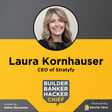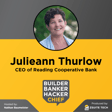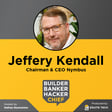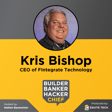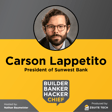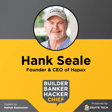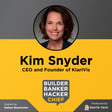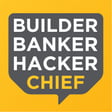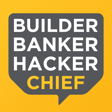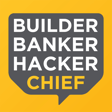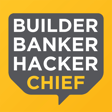
Jay Tuli – Building from scratch, fintech spinoffs, and the secret power of cost accounting | Episode 1
Welcome to the first episode of Builder, Banker, Hacker, Chief! The guest on today’s show is Jay Tuli, President of Leader Bank and Chairman of the Board at ZSuite Tech.
On this show, I’m unpacking the stories, decisions, and influences that make people into successful leaders. Jay is a dynamic business leader, son, husband, and father – making him a natural fit for the inaugural episode of this show.
I’m Nathan Baumeister, CEO of ZSuite Tech, and host of this podcast.
Jay and I talk about his background as a child of first-generation immigrants and entrepreneurs. We explore his path through higher education, and the decision to step back from high-powered investment banking and into community banking. Jay opens up about the mistakes and shrewd calls that he made on the road to developing a successful fintech product in-house and spinning that product out into a stand-alone company known as ZSuite Tech. You’ll also hear about the teachers, leaders, and concepts that have influenced Jay’s thinking along the way.
Resources:
Jay’s media recommendations:
The Code of the Extraordinary Mind
Denzel Washington - University of Pennsylvania Commencement Speech
Connect:
